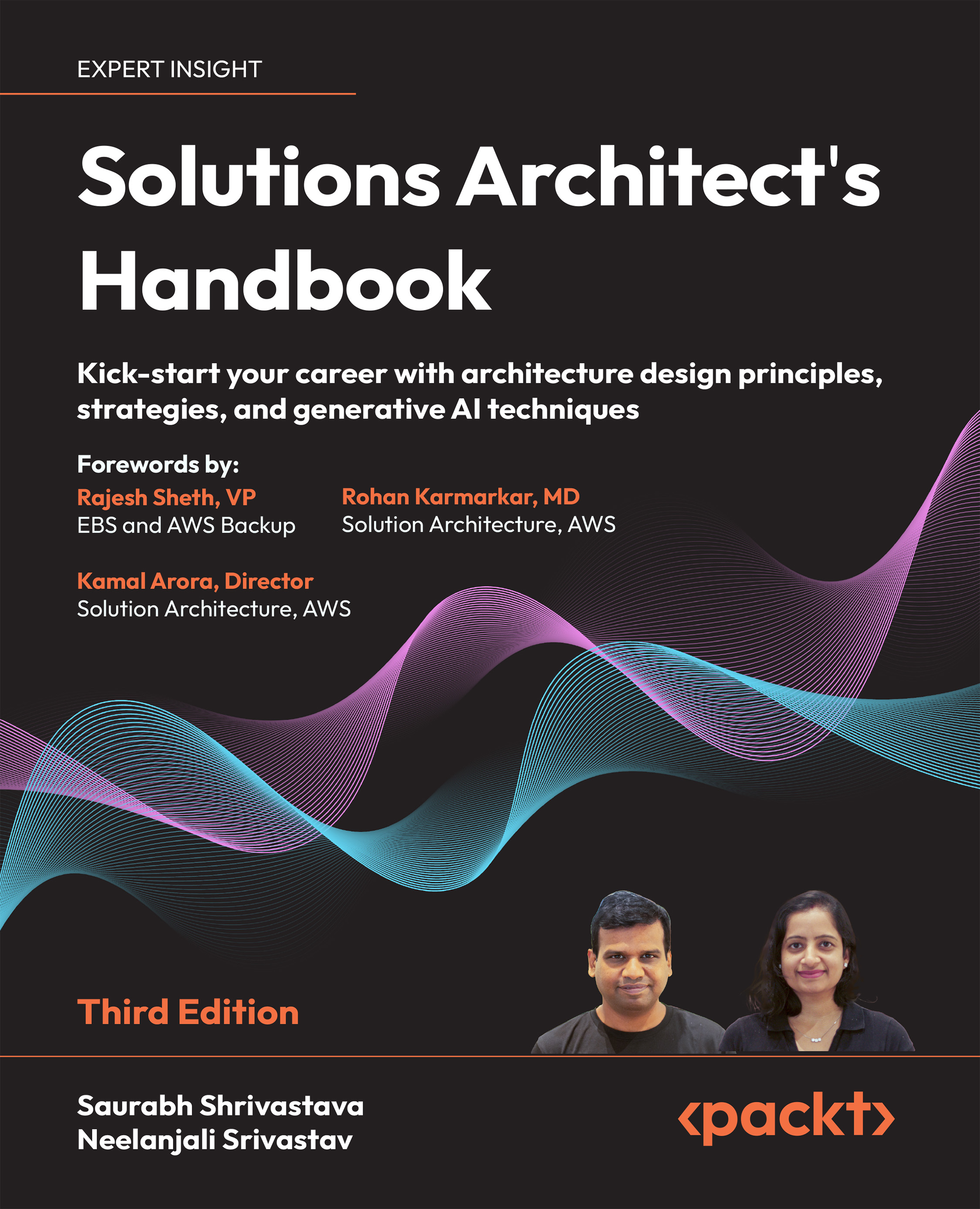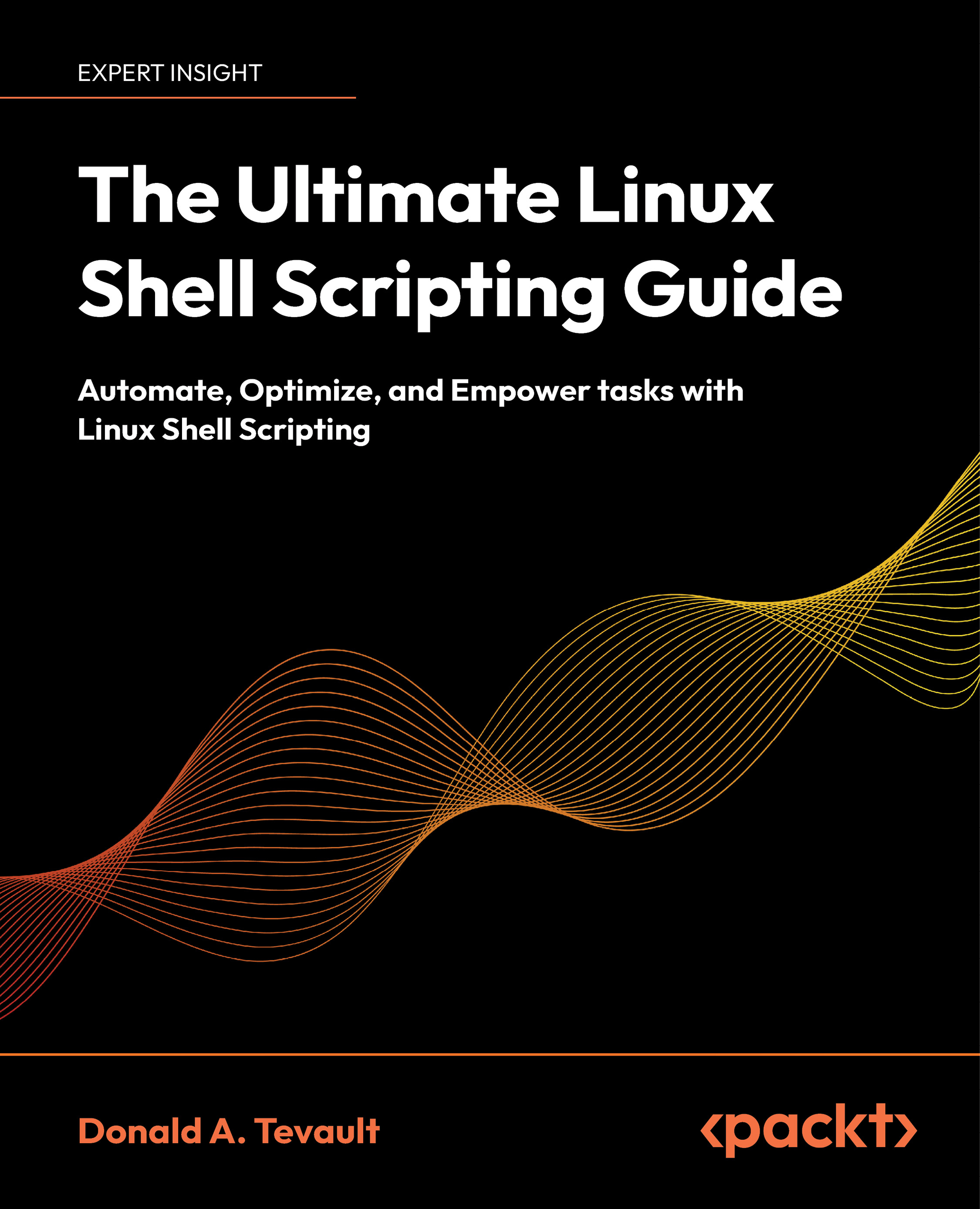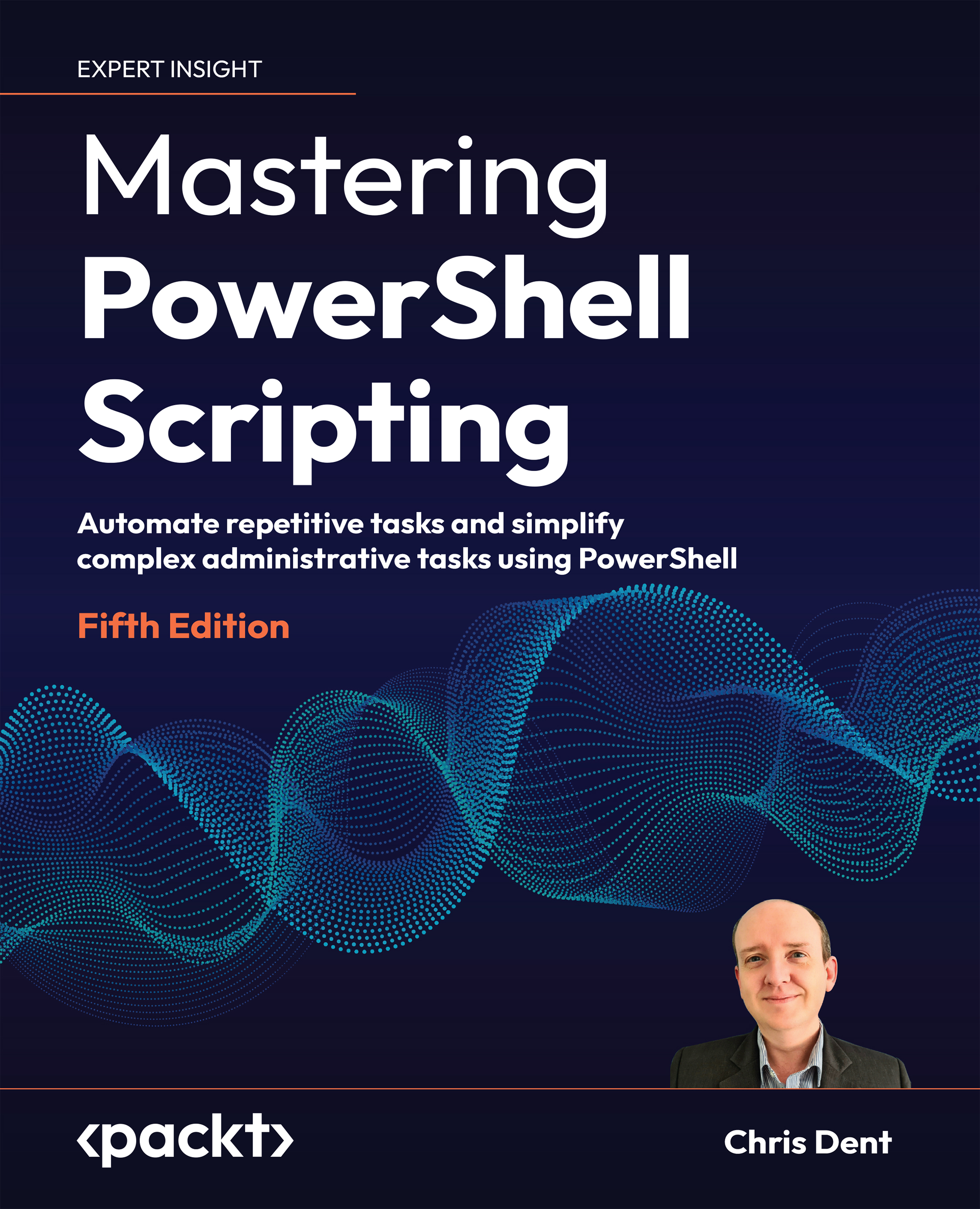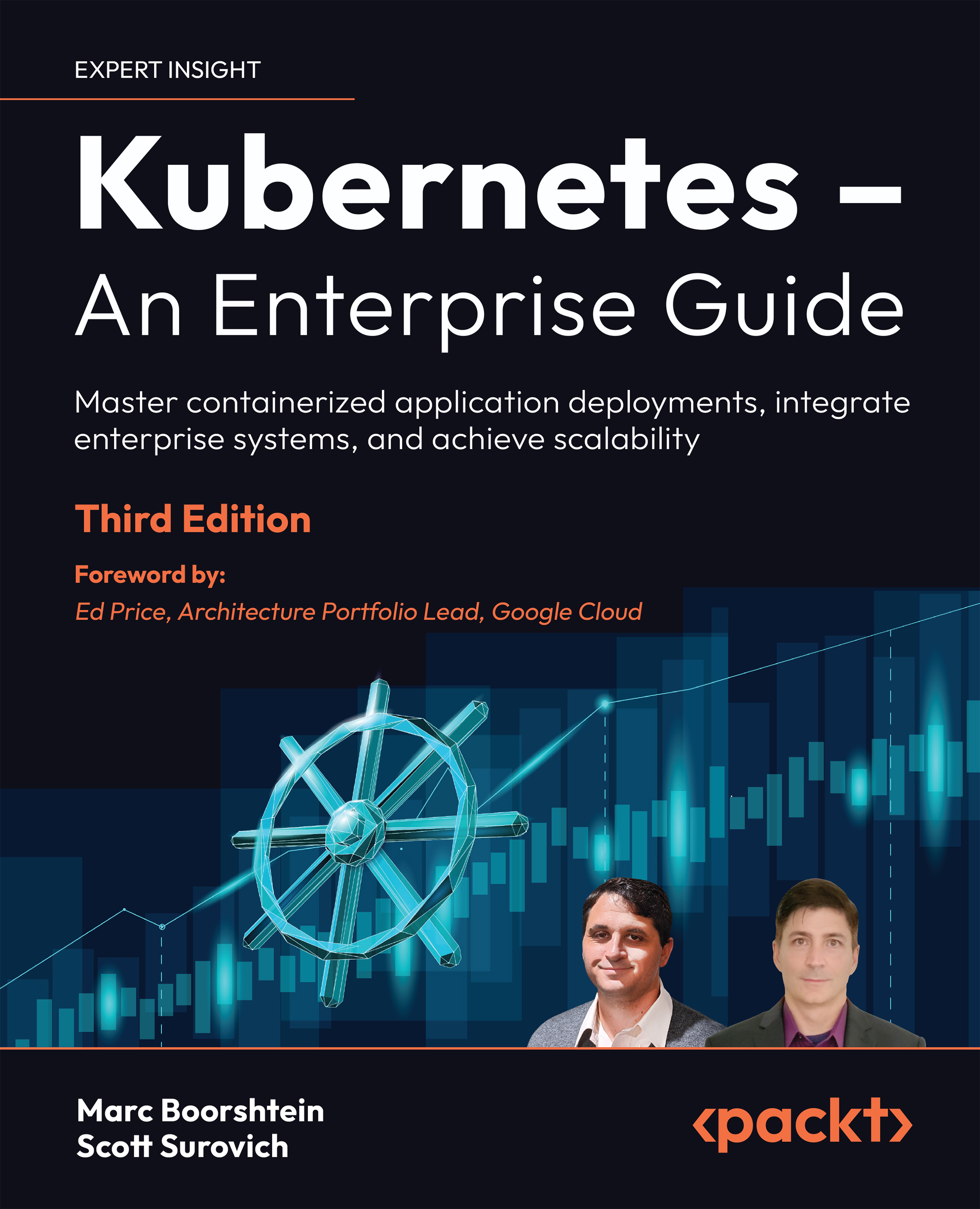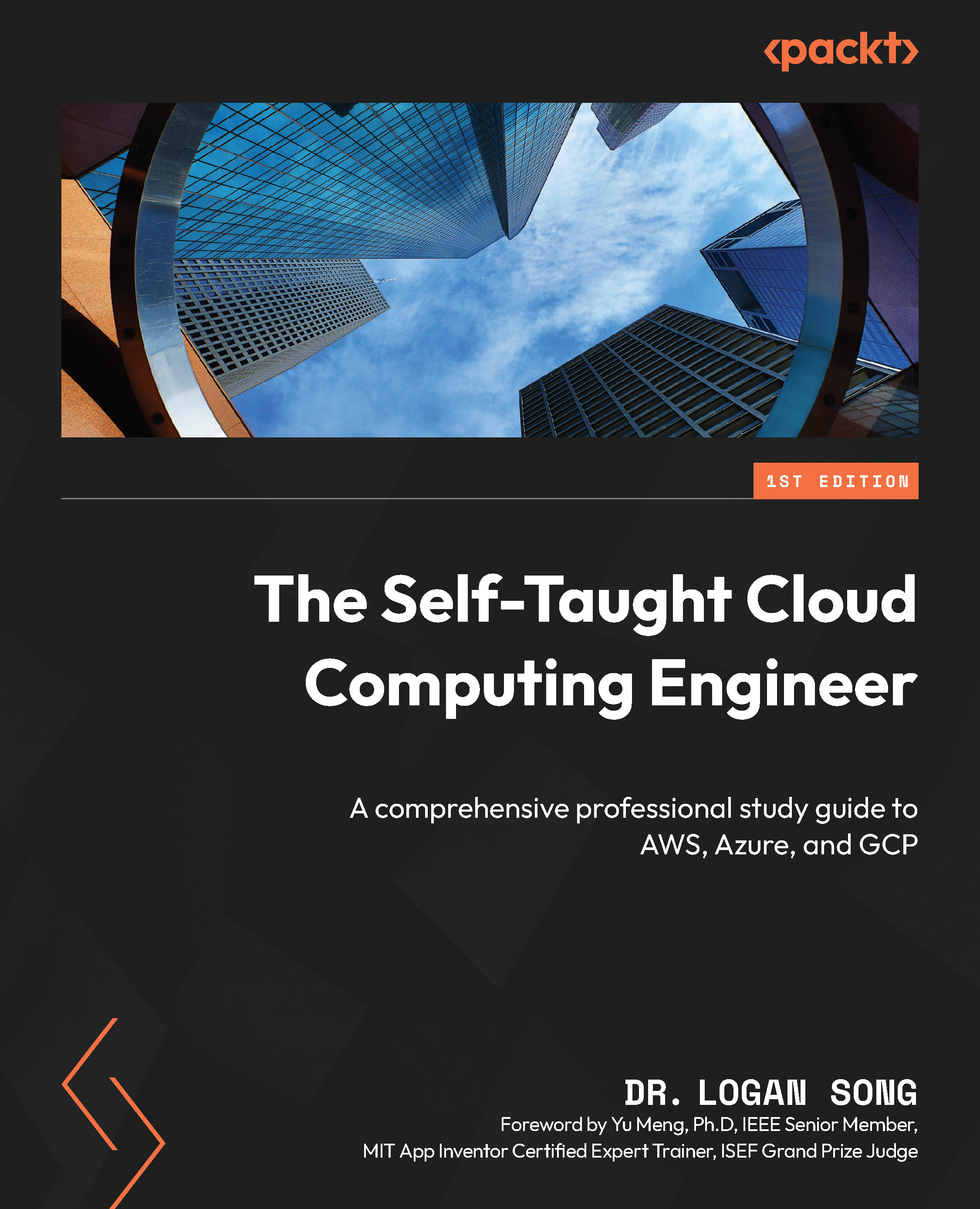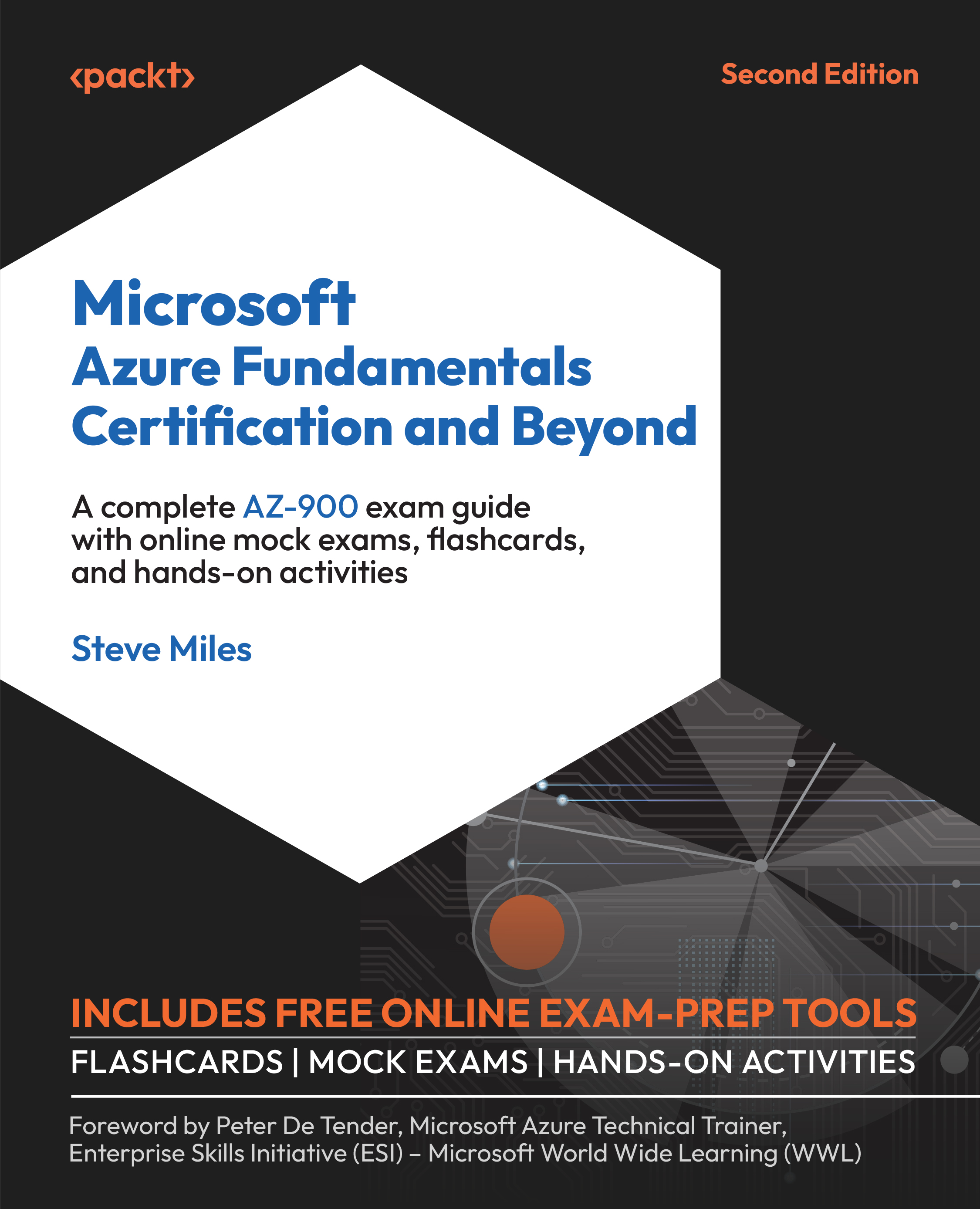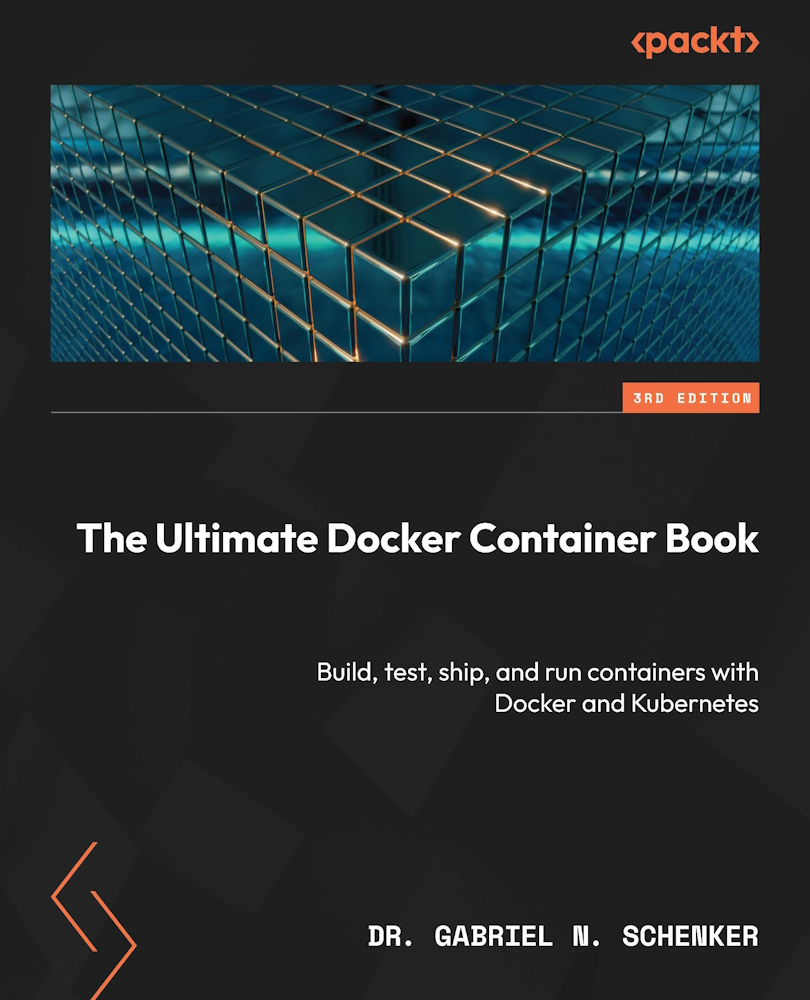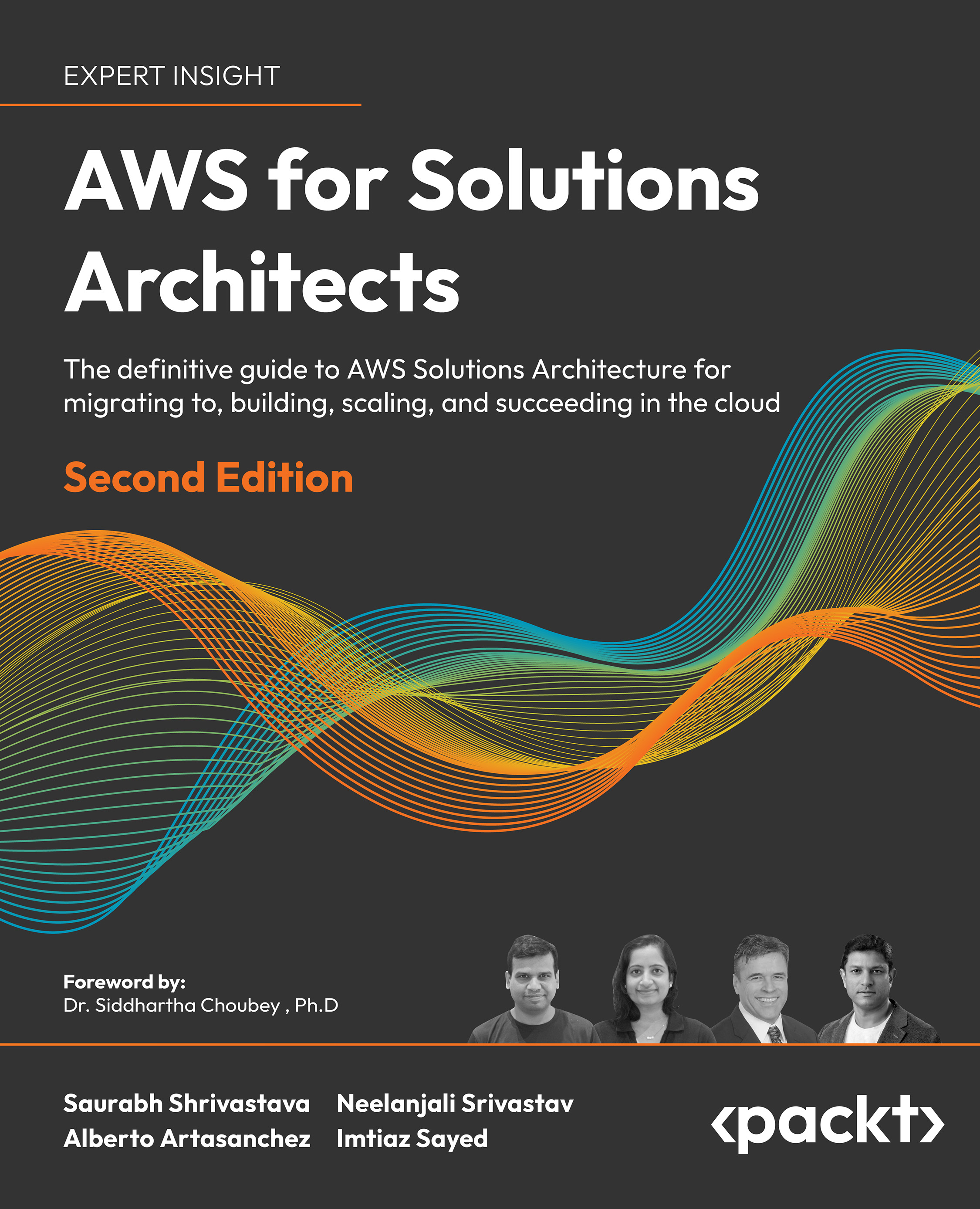Some quick background is in order.
A device driver is the interface between the OS and a peripheral hardware device. It can be written inline – that is, compiled within the kernel image file – or, more commonly, written outside of the kernel source tree as a kernel module (we covered the LKM framework in detail in the companion guide Linux Kernel Programming, Chapter 4, Writing Your First Kernel Module – LKMs Part 1, and Chapter 5, Writing Your First Kernel Module – LKMs Part 2). Either way, the driver code certainly runs at OS privilege, in kernel space (user space device drivers do exist, but can suffer performance issues; while useful in many circumstances, we don't cover them here. Take a look at the Further reading section).
In order for a user space application to gain access to the underlying device driver within the kernel, some I/O mechanism is required. The Unix (and thus Linux) design is to have the process open a special type of file – a device file, or device node. These files typically live in the /dev directory, and on modern systems are dynamic and auto-populated. The device node serves as an entry point into the device driver.
In order for the kernel to distinguish between device files, it uses two attributes within their inode data structure:
- The type of file – either character (char) or block
- The major and minor number
You will see that the namespace – the device type and the {major#, minor#} pair – form a hierarchy. Devices (and thus their drivers) are organized within a tree-like hierarchy within the kernel (the driver core code within the kernel takes care of this). The hierarchy is first divided based on device type – block or char. Within that, we have some n major numbers for each type, and each major number is further classified via some m minor numbers; Figure 1.1 shows this hierarchy.
Now, the key difference between block and character devices is that block devices have the (kernel-level) capability to be mounted and thus become part of the user-accessible filesystem. Character devices cannot be mounted; thus, storage devices tend to be block-based. Think of it this way (a bit simplistic but useful): if the (hardware) device is not storage, nor a network device, then it's a character device. A huge number of devices fall into the 'character' class, including your typical I2C/SPI (Inter Integrated Circuit / Serial Peripheral Interface) sensor chips (temperature, pressure, humidity, and so on), touchscreens, Real-Time Clock (RTC), media (video, camera, audio), keyboards, mice, and so on. USB forms a class within the kernel for infrastructure support. USB devices can be block devices (pen drives, USB disks), character devices (mice, keyboard, camera) or network (USB dongles) devices.
From 2.6 Linux onward, the {major:minor} pair is a single unsigned 32-bit quantity within the inode, a bitmask (it's the dev_t i_rdev member). Of these 32 bits, the MSB 12 bits represent the major number and the remaining LSB 20 bits represent the minor number. A quick calculation shows that there can therefore be up to 212 = 4,096 major numbers and 220, which is one million, minor numbers per major number. So, glance at Figure 1.1; within the block hierarchy, there are a possible 4,096 majors, each of which can have up to 1 million minors. Similarly, within the character hierarchy, there are a possible 4,096 majors, each of which can have up to 1 million minors:
Figure 1.1 – The device namespace or hierarchy
You may be wondering: what exactly does this major:minor number pair really mean? Think of the major number as representing the class of the device (is it a SCSI disk, a keyboard, a teletype terminal (tty) or pseudo-terminal (pty) device, a loopback device (yes, these are pseudo-hardware devices), a joystick, a tape device, a framebuffer, a sensor chip, a touchscreen, and so on?). There's indeed an enormous range of devices; to get a sense of just how many, we urge you to check out the kernel documentation here: https://www.kernel.org/doc/Documentation/admin-guide/devices.txt (it's literally the official registry of all available devices for the Linux OS. It's formally called the LANANA – the Linux Assigned Names And Numbers Authority! Only these folks can officially assign the device node – the type and major:minor numbers – to devices).
The minor number's meaning (interpretation) is left completely to the driver author; the kernel does not interfere. Typically, the driver interprets the device's minor number to represent either a physical or logical instance of the device, or to represent a certain functionality. (For example, the Small Computer System Interface (SCSI) driver – of type block, major #8 – uses minor numbers to represent logical disk partitions for up to 16 disks. On the other hand, character major #119 is used by VMware's virtual network control driver. Here, the minors are interpreted as the first virtual network, second virtual network, and so on.) Similarly, all drivers themselves assign meaning to their minor numbers. But every good rule has an exception. Here, the exception to the rule - that the kernel doesn't interpret the minor number – is the misc class (type character, major #10). It uses the minor numbers as second-level majors. This will be covered in the following section.
A common problem is that of the namespace getting exhausted. A decision taken years back "collects" various miscellaneous character devices - a lot of mice (no, not of the animal kingdom variety), sensors, touchscreens, and so on - into one class called the misc or 'miscellaneous' class, which is assigned character major number 10. Within the misc class live a lot of devices and their corresponding drivers. In effect, they share the same major number and rely on a unique minor number to identify themselves. We shall write a few drivers using precisely this class and leveraging the kernel's 'misc' framework.
Many devices have already been assigned via the LANANA (Linux Assigned Names And Numbers Authority) into the misc character device class. Figure 1.2 shows a partial screenshot from https://www.kernel.org/doc/Documentation/admin-guide/devices.txt showing the first few misc devices, their assigned minor numbers, and a brief description. Do see the reference link for the full list:
Figure 1.2 – Partial screenshot of misc devices: char type, major # 10
In Figure 1.2, the leftmost column has 10 char, specifying that it's assigned major # 10 under the character type of the device hierarchy (Figure 1.1). The columns to the right are in the form minor# = /dev/<foo> <description>; quite obviously, this is the minor number assigned followed by (after the = sign) the device node and a one-line description.
 United States
United States
 Great Britain
Great Britain
 India
India
 Germany
Germany
 France
France
 Canada
Canada
 Russia
Russia
 Spain
Spain
 Brazil
Brazil
 Australia
Australia
 Singapore
Singapore
 Canary Islands
Canary Islands
 Hungary
Hungary
 Ukraine
Ukraine
 Luxembourg
Luxembourg
 Estonia
Estonia
 Lithuania
Lithuania
 South Korea
South Korea
 Turkey
Turkey
 Switzerland
Switzerland
 Colombia
Colombia
 Taiwan
Taiwan
 Chile
Chile
 Norway
Norway
 Ecuador
Ecuador
 Indonesia
Indonesia
 New Zealand
New Zealand
 Cyprus
Cyprus
 Denmark
Denmark
 Finland
Finland
 Poland
Poland
 Malta
Malta
 Czechia
Czechia
 Austria
Austria
 Sweden
Sweden
 Italy
Italy
 Egypt
Egypt
 Belgium
Belgium
 Portugal
Portugal
 Slovenia
Slovenia
 Ireland
Ireland
 Romania
Romania
 Greece
Greece
 Argentina
Argentina
 Netherlands
Netherlands
 Bulgaria
Bulgaria
 Latvia
Latvia
 South Africa
South Africa
 Malaysia
Malaysia
 Japan
Japan
 Slovakia
Slovakia
 Philippines
Philippines
 Mexico
Mexico
 Thailand
Thailand


